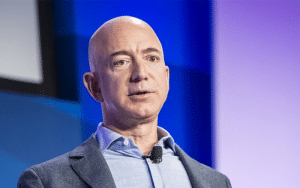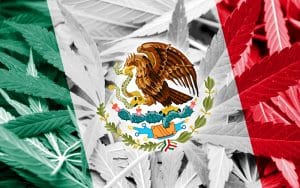The pound has fallen back below $1.30, UK government bond yields have dropped sharply, and London’s equity futures have jumped following the release of data that shows Britain’s inflation has dropped to its lowest level in more than a year.
According to the Office for National Statistics, headline annual inflation rose to 7.9% last month, which is lower than economists’ forecasts of 8.1% and significantly below May’s 8.7%. The core reading, which excludes volatile prices such as food and energy, decreased from 7.1% to 6.9%, surpassing analysts’ expectations by 0.2 percentage points.
This data comes as good news for the Bank of England, which has struggled to bring consumer price inflation down to its 2% target despite raising interest rates from near zero to the current rate of 5% since the beginning of 2022. Last year, inflation had spiked into double digits.
The report took the market by surprise as it was the first lower-than-expected reading in five months. As a result, sterling (GBPUSD) fell by 0.8% to $1.2933, and 10-year gilt yields (TMBMKGB-10Y) declined by 0.4% to 4.340%.
Investors welcomed the lower pound, leading to a sharp rise in the FTSE 100 (UKX), as they speculated that UK borrowing costs might not need to rise as much as previously feared.
Jeremy Hunt, U.K. chancellor, welcomed the news
Jeremy Hunt, the U.K. chancellor, expressed his satisfaction with the news. However, he emphasized the importance of remaining vigilant. Hunt stated, “Today’s news demonstrates that if the government and the Bank of England are willing to make tough decisions, we can ultimately triumph over inflation. Nonetheless, prices are still escalating at an alarming rate, so it is imperative that we adhere to our plan until the task is completed.”
Analysts affirm the need for continued action
This perspective was widely shared among analysts. They pointed out that despite a lower-than-anticipated figure, inflation in Britain remains persistently high and more resistant to mitigation compared to other Western economies. As a result, the likelihood of further action by the Bank of England (BoE) is sensibly higher than for other major central banks. Ipek Ozkardeskaya, a senior analyst at Swissquote Bank, stated, “The BoE’s decision to raise its policy rate to 5% in its latest meeting is just the beginning. It is expected that the rate will continue to increase, possibly reaching a range of 6.5% to 7% in the coming months.”
The war against inflation continues
Echoing these sentiments, Charles White-Thomson, CEO of Saxo U.K., advised that measures should be taken in anticipation of a 25bp hike initiated by the Bank of England on August 03. White-Thomson stated, “The battle to conquer inflation is far from over, and the Governor has unequivocally committed to achieving the 2% target.” He further noted that although motor fuel prices contributed significantly to the decline in the monthly change in CPI, annual food prices remain stubbornly high at 17.4%, according to the Office for National Statistics.


